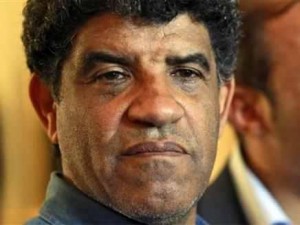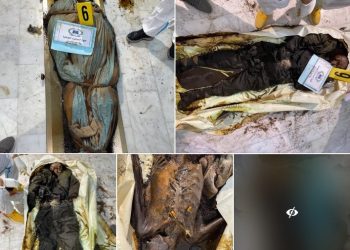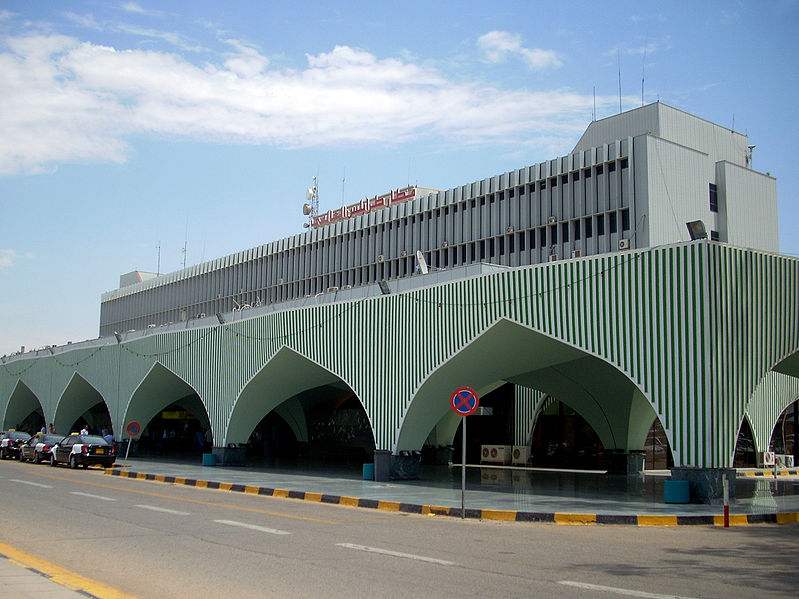By Hadi Fornaji
Tripoli, 6 August
Mauritania’s president has said that . . .[restrict]Abdullah Al-Senussi, Qaddafi’s brother-in-law and former head of intelligence, must face charges of illegal entry before any extradition can be considered.
After several false reports of his whereabouts and even death, Senussi was arrested in March at Mauritania’s Nouakchott airport. He has been charged with using false documents and illegal entry into the country and will now stand trial there.
“Senussi has problems with Mauritania’s judiciary and has to face court for entering Mauritania under a false identity” said President Mohamed Ould Abdel Aziz during a local forum in the Mauritanian town of Atar, according to AFP. He added: “The passport Senussi used to enter Mauritania was not falsified, but it presents him as Malian and under a fake name, which is why he must undergo trial in Mauritania.”
Senussi is wanted for crimes against humanity by both Libya and the International Criminal Court (ICC), who have each issued a warrant for his arrest. In 1999 France convicted Senussi in absentia for his involvement with the bombing of a French passenger plane in 1989, which left 170 dead. The French now want to reopen the case and question him. He is also wanted for questioning by the UK police in connection with the Lockerbie bombing of 1988 in which 270 people died, and the murder of policewoman Yvonne Fletcher in London in 1984.
Several Libyan delegations have been sent to Mauritania to try and secure his extradition, including one in Jul,y headed by interim Prime Minister Abdurrahman El-Kib. None of these secured the desired promise that Senussi would be returned to Libya.
As a close aide to Qaddafi, Senussi is implicated in numerous atrocities, for which the Libyan government want him to stand trial. He is believed to be connected with the public hanging of dissident students at Tripoli and Benghazi Universities in the 1970s and the Abu Salim prison massacre of 1996 where 1,270 prisoners were killed. During the Revolution, it is alleged that he instructed the military to attack civilians in the Benghazi uprisings. This particular allegation forms the basis of the ICC’s warrant.
[/restrict]











